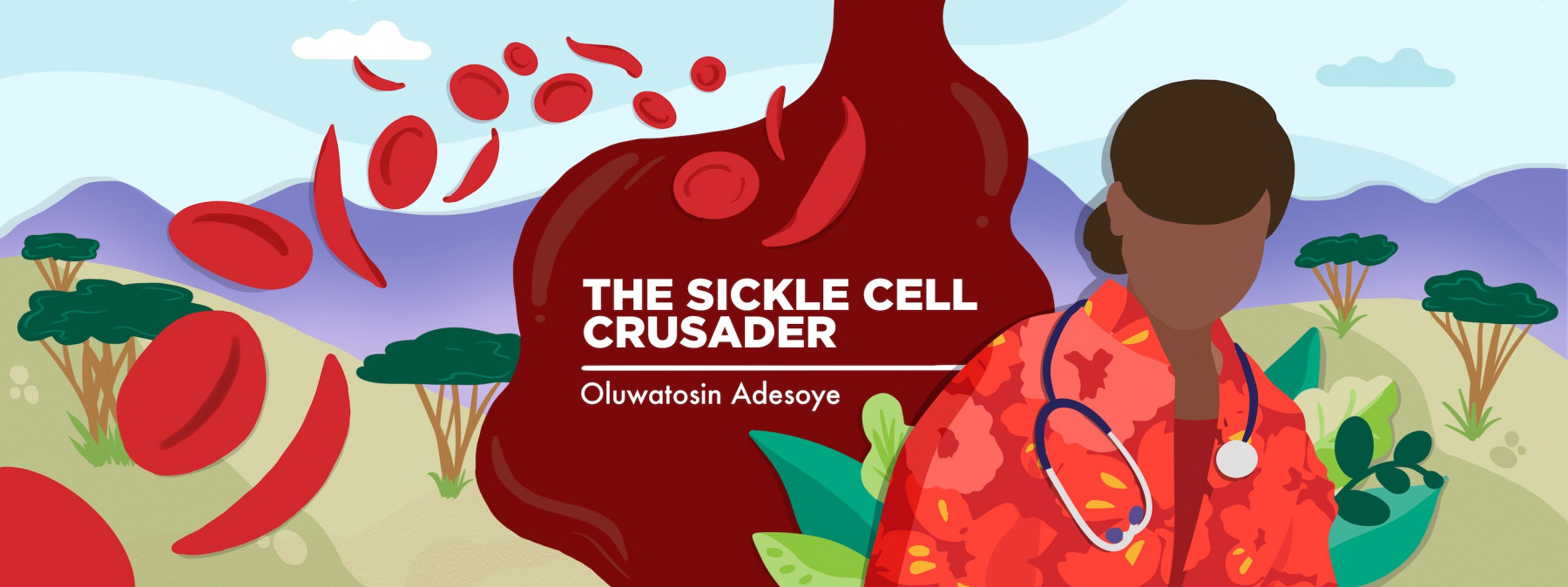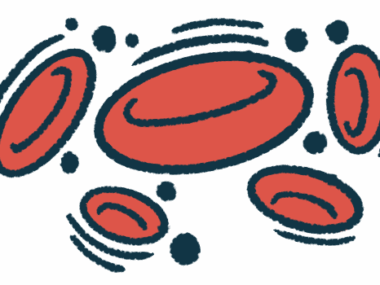Could gene therapy improve my life as an adult with sickle cell?
Why I'm skeptical that this potential cure would benefit me
Written by |

Several weeks ago, when news of the first sickle cell disease patient to be cured by gene therapy went viral online, I completely ignored it because I wasn’t interested. As a sickle cell advocate and educator, I was tagged repeatedly on these articles. Despite my initial reluctance to post about it, the numerous tags eventually prompted me to comment.
The gene therapy cure doesn’t excite me because it is neither affordable nor accessible to most people living with sickle cell disease. Even if affordability and accessibility weren’t issues, I’m skeptical about its potential benefits for me as an adult with sickle cell.
This sparked a question in my mind, so I asked fellow sickle cell warriors and caregivers in various online support groups: If gene therapy were affordable, would you choose to pursue it?
I received different, fascinating responses. After going through all the replies, I discovered that most caregivers of young sickle cell warriors want a cure for their children. On the contrary, many adult African warriors would prefer to spend the money on improving their lives rather than on gene therapy. Sickle cell patients in developed countries had mixed opinions, with some desiring a cure and others prioritizing alternative uses for the funds.
As a medical doctor, I found that my perspective only fully aligned with that of one or two respondents. Other adults gave answers similar to mine, but our reasons differed. Personally, I’d decline gene therapy or stem cell transplant at my age, not due to financial motivations, but rather health-related concerns.
At 38 years old, I believe that seeking a stem cell transplant or gene therapy to potentially cure my sickle cell would be a waste of my time, money, and energy. Even if the procedure were guaranteed to be successful, the risks involved for me would likely outweigh the potential benefits.
Weighing risks vs. benefits
In medicine, every procedure or medication carries a considerable number of risks, and a therapy only gets approved or selected if the benefits outweigh the risks. For adults like me with moderate to severe sickle cell, it’s crucial to consider the damage the disease has already inflicted on our bodies and whether it’s reversible or not. I’ve experienced numerous complications, including cardiomegaly, hypothyroidism, bone deformities, and avascular necrosis, most of which are irreversible, even if my sickle cell were to be cured.
Why would I pay such an exorbitant fee for a therapy and subject myself to chemotherapy and its side effects when the benefits don’t outweigh the risks for me? Even if successful, these cures wouldn’t undo most of the organ damage I’ve already experienced; they would only prevent future complications. But I’ve already dealt with enough complications for a lifetime.
I’m not opposed to gene therapy or stem cell transplant as potential cures, but their value is limited if they’re inaccessible or unaffordable for most people living with sickle cell disease. For adults like me with moderate to severe disease, these treatments may not offer significant benefits, especially considering the irreversible damage already done.
At the moment, sickle cell patients who would likely most benefit from gene therapy are children, young patients who haven’t experienced too many complications, and adults with a mild disease severity. I hope those who can afford and access the therapy seize the opportunity if they so choose.
Stem cell transplant is slightly more accessible, but it remains too expensive for the average African, despite the fact that the region has the highest incidence of sickle cell. Given these limitations, I remain skeptical about the practicality of these cures for the majority of those with the disease.
For adults with sickle cell disease, disease-modifying therapies that slow disease progression and organ damage, along with treatments for managing complications, offer more benefits. Making these therapies widely available and affordable could significantly improve quality of life for these patients.
The scientific community often views sickle cell as a rare disease because it is rare in developed countries like the U.S. and the U.K. However, this perspective overlooks the significant burden in regions like sub-Saharan Africa, where more than 300,000 babies are born each year with the disease. A cure that is equally affordable and accessible to all sickle cell patients worldwide is crucial; otherwise, efforts focused solely on patients in developed countries will have limited impact.
Note: Sickle Cell Disease News is strictly a news and information website about the disease. It does not provide medical advice, diagnosis, or treatment. This content is not intended to be a substitute for professional medical advice, diagnosis, or treatment. Always seek the advice of your physician or other qualified health provider with any questions you may have regarding a medical condition. Never disregard professional medical advice or delay in seeking it because of something you have read on this website. The opinions expressed in this column are not those of Sickle Cell Disease News or its parent company, Bionews, and are intended to spark discussion about issues pertaining to sickle cell disease.







Osamah
I'm Doctor from Yemen
I have 2 children with sickle cell anemia
Every time I see my baby in crisis my heart destroyed 💔
I hope that gene therapy will be useful and its a gift from God
Narendra
You right